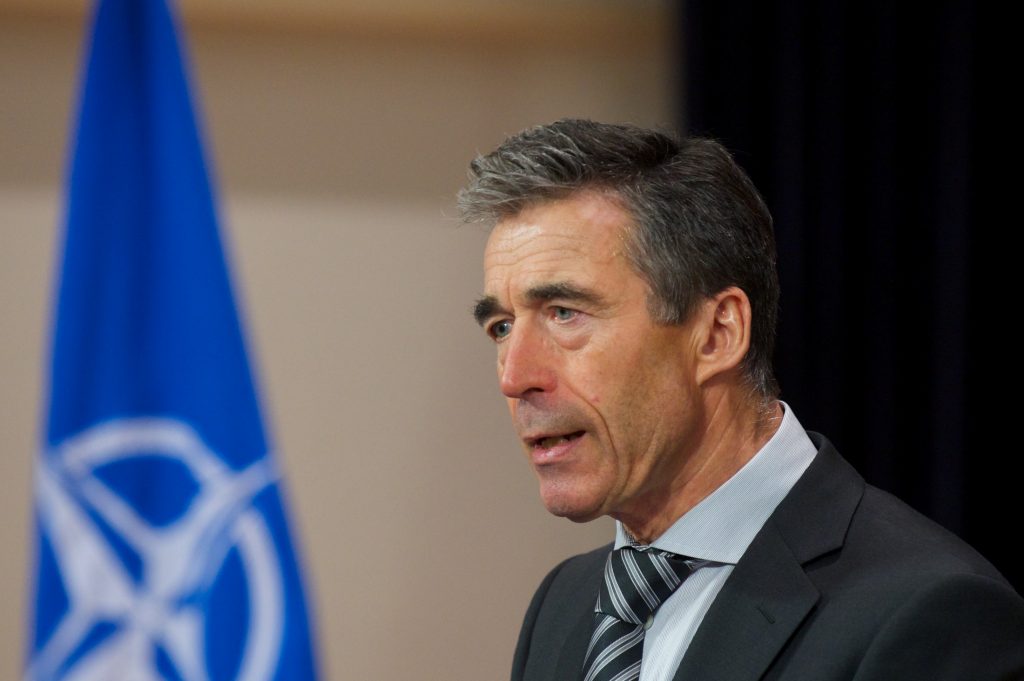
From Anders Fogh Rasmussen, Wall Street Journal: In the age of the firewall, borders are open, ideas are free and war can be virtual—but its consequences just as devastating and real. . . .
Computer viruses can shut down key infrastructure such as nuclear power plants, international airports, or power grids. Cyberattacks are a cheap way for terrorists, activists and state-sponsored agents to do extensive damage. . . .
Amid such threats, NATO’s primary role is to protect our own internal networks. We are making progress on strengthening our cyberdefenses, both at headquarters and for our forces deployed on operations. Last year, we dealt with over 2,500 cases of abnormal cyberactivity and intrusion attempts. Despite the increasing sophistication of such incidents, we reached the end of 2012 without any major disruption to our network services. . . .
As a first step, NATO could consider regular training on cyberdefense so that national experts share the same knowledge and language. That would help them share information and better work together in a crisis. . . . .
We are also setting up Rapid Reaction Teams that will help protect NATO’s own networks in the event of attacks. A possible next step could be to make such teams available on request to NATO countries. We should also consider the scope for sharing more information on defense technologies, intelligence and best practices. Common training will enhance our ability to work together. The more alike our approaches, the greater protection we will all enjoy.
We are also looking at the linkages between NATO networks and national networks to ensure that all networks meet our high standards of cybersecurity. Cyberdefense, after all, is only as effective as the weakest link in the chain. We strengthen the chain by working together.
Cyberattacks are a global challenge, and NATO can contribute to a global response. NATO’s network of partnerships includes one-third of the world’s countries. Working together, we can build a truly secure cybercommunity, one that encourages cooperation between all stakeholders—public and private, state and non-state, civilian and military. . . .
NATO protected its members during the age of the Berlin Wall. We must be prepared to protect them during the age of the firewall.
Mr. Rasmussen is secretary general of NATO. (photo: NATO)
Image: nato%206%203%2013%20NATO%20cyberwar.jpg
